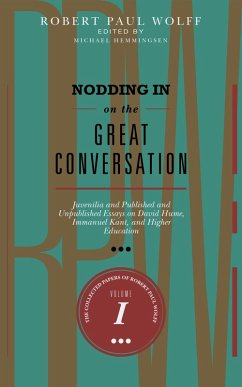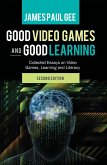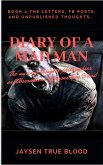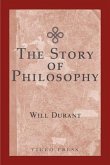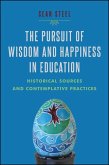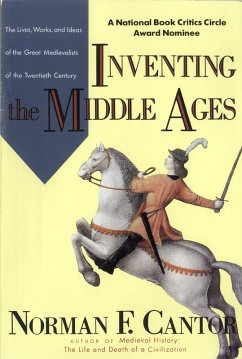The volume opens with Wolff's very earliest published writings, including a letter to the Harvard Crimson that sparked a ten year controversy between two scholars with the same name and diametrically opposed political opinions, and an impassioned defence of Aristotle by the nineteen year old scholar in the pages of Astounding Science Fiction.
The volume continues with some of Wolff's well-known writings on David Hume and Immanuel Kant, including a little known essay in which he identifies, in one of Kant's late works, the argument for the Categorical Imperative that is missing from the well-known Groundwork of the Metaphysics of Morals. This portion of the volume opens with Wolff's uproarious account, never before seen, of a conference devoted to Kant's philosophy of law. For twenty-five years the account has languished in a file marked "unpublishable essay."
The volume concludes with many of Wolff's writings on aspects of Higher Education, including the now classic review of Allan Bloom's The Closing of the American Mind, said by some to be the best book review ever written.
Dieser Download kann aus rechtlichen Gründen nur mit Rechnungsadresse in A, B, CY, CZ, D, DK, EW, E, FIN, F, GR, H, IRL, I, LT, L, LR, M, NL, PL, P, R, S, SLO, SK ausgeliefert werden.
Hinweis: Dieser Artikel kann nur an eine deutsche Lieferadresse ausgeliefert werden.

